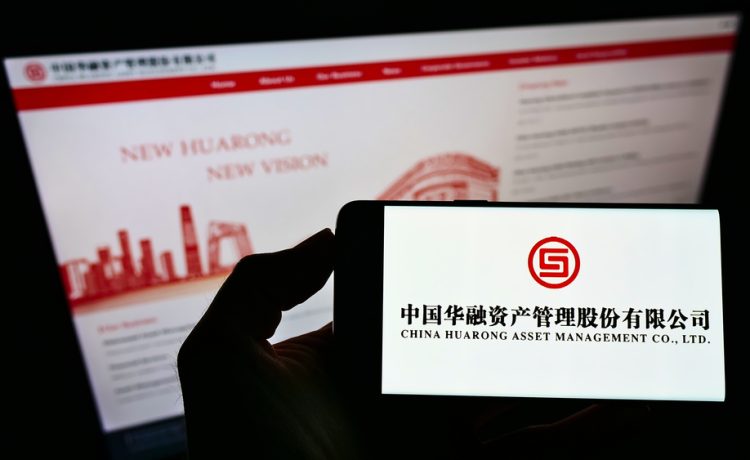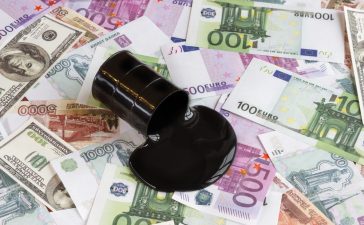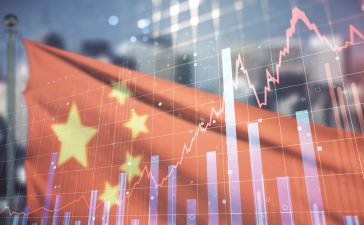On Wednesday, its share price slid from US$0.13 to US$0.078 as the group’s trading resumed
Shares in scandal-hit China Huarong Asset Management have slumped by more than 50% after a state-backed bailout of nearly US$6.6bn.
On Wednesday, its share price slid from HK$1.02 (US$0.13) to HK$0.61 (US$0.078) as markets opened and the group’s trading resumed.
The plunge follows a filing late Tuesday in which Huarong said it would return to its core business, adjust its structure, cut capital consumption and boost returns.
Business operations of the group would continue as usual, it added.
The company’s shares had been suspended on the Hong Kong Stock Exchange for the last nine months.
Huarong rocked Asian stock markets in August last year when it revealed a record loss of close to US$16bn.
Huarong, one of four state-owned distressed-debt managers, halted trading in its shares on 1 April last year.
The move came after the firm missed a deadline at the end of March to file its earnings for 2020. That sparked a rout in Huarong’s US dollar-denominated bonds that spread to the bonds of other Chinese companies.
In August, Huarong, which counts China’s finance ministry as its largest shareholder, announced a profit of US$24.5m for the first half of 2021 and an almost US$16bn loss for 2020.
The company had earlier in November said that it would receive a cash injection of US$6.59bn from a group of state-backed investors as part of its rescue plan.
Huarong, which is majority-owned by China’s Ministry of Finance, was set up in 1999 to take bad debts off the country’s largest state-owned banks.
During Lai Xiaomin’s time as chairman the asset manager expanded far beyond its original remit.
The crisis that engulfed the firm was seen by investors as a test of the Chinese government’s approach to corporate failures.





